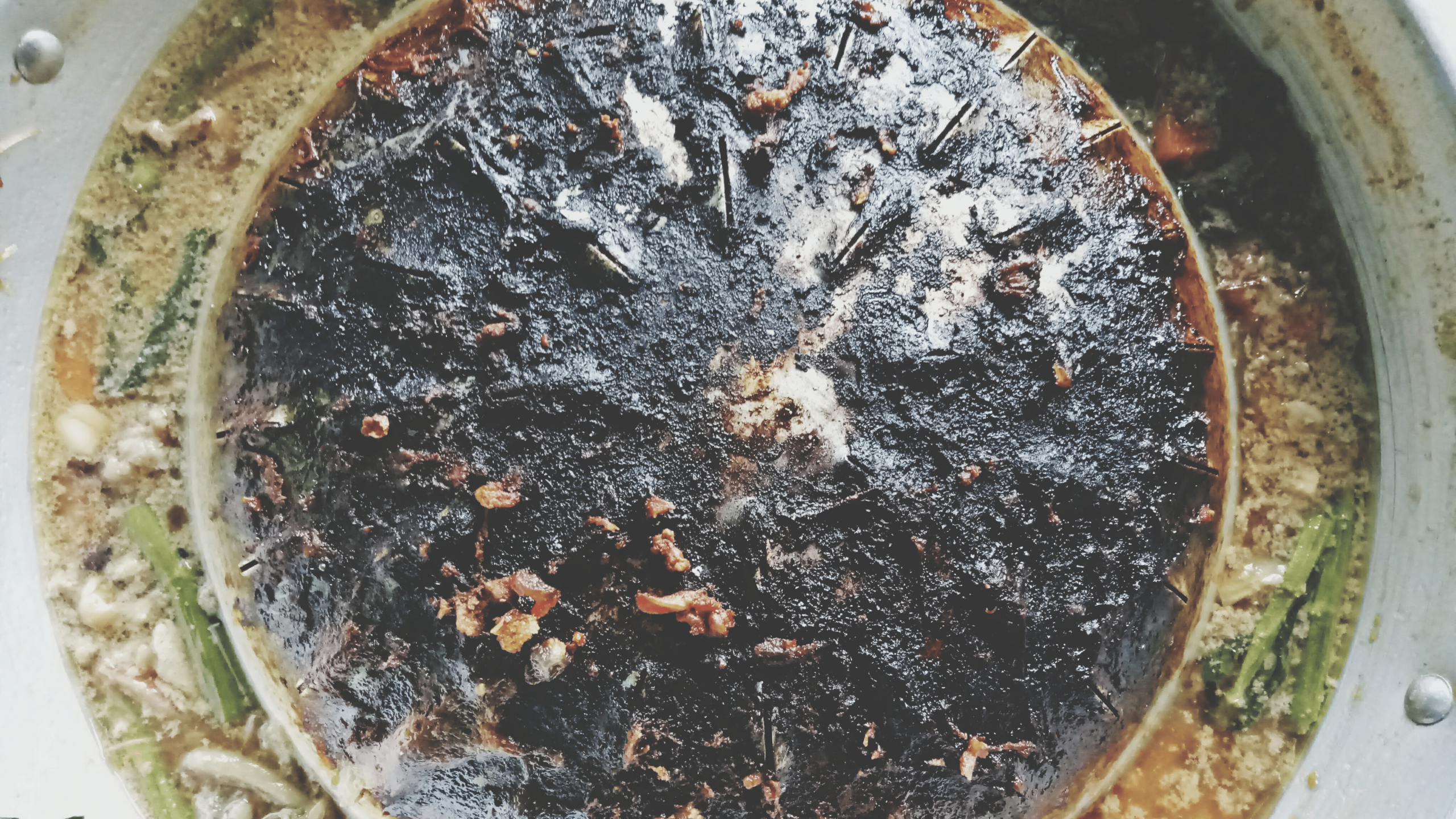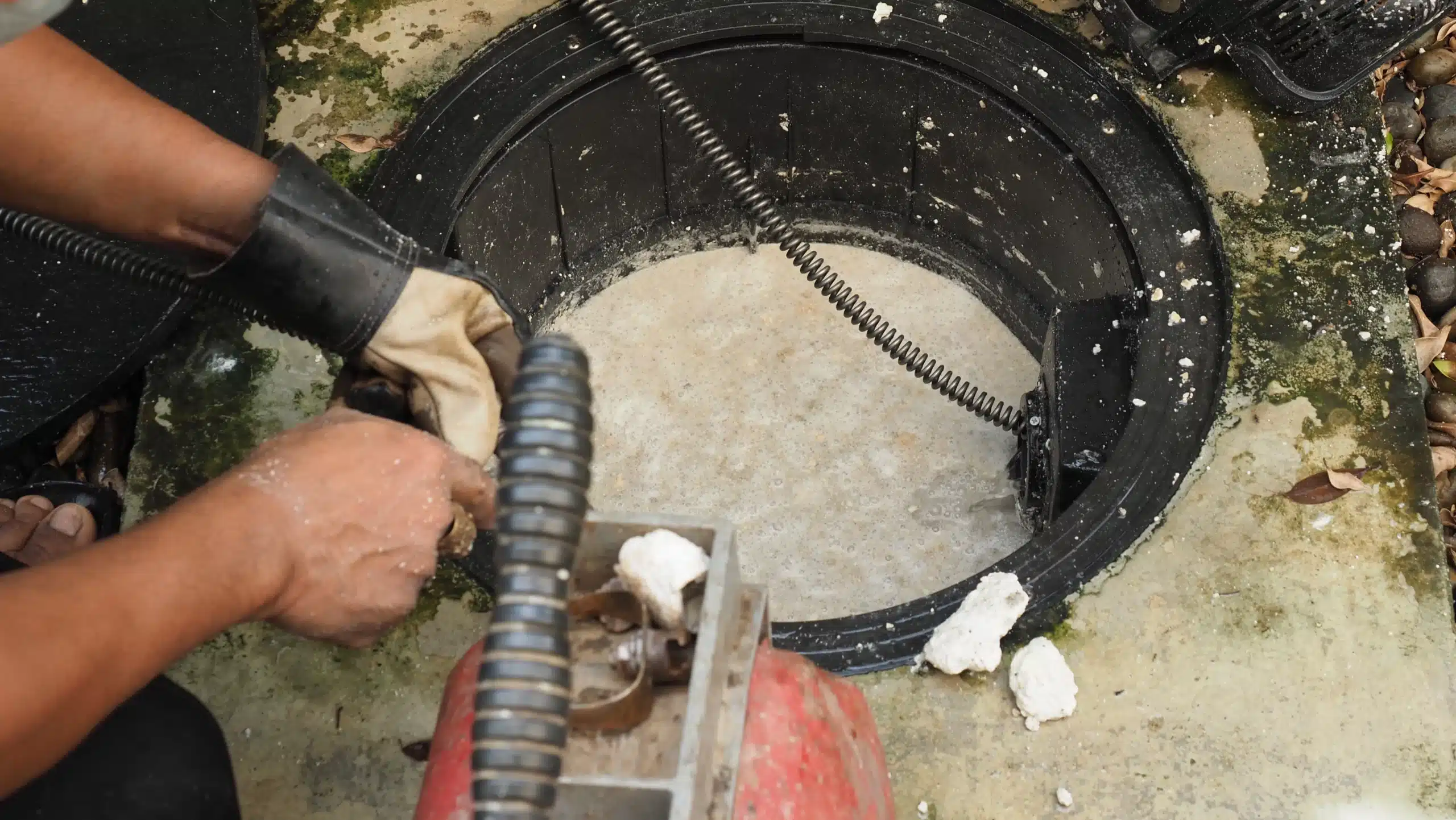Being in the food business means that you are generating a lot of used cooking oil. Thus, you need to know how to dispose of it properly. If it is not handled in the right way, it can become an unhealthy breeding ground for germs and bacteria of all sorts. It can also stink and keep customers away since it contains particles from the food that you cooked in it.
Fried foods make up a big part of the daily menu both at home and at the restaurants. It is hard to go through the day without eating fried food. However, perhaps you have never wondered where the used cooking oil goes.
The reason for this is that you have never generated a lot of oil in your day-to-day cooking at home. But if you are in the food business, you can no longer ignore the used oil. You need to take care of it. See useful tips to dispose of all oil, fats and grease in a healthy way.
Install a grease interceptor
This is a requirement by the local authorities, so you probably already have one. It can be inside the premises or outside.
Once installed, all the fats, oils and grease that find their way into the sink will be captured in the grease trap. That way, only negligible quantities of the same will find their way into the sewer line.
The grease interceptor needs to be pumped in the recommended times. Small grease traps need to be pumped once a month. Big ones need emptying at least three times in a year. This is going to cost you money but the good thing is that the service provider clears all the grease away and disposes of it.
Do not pour the used cooking oil in the sink
This is the biggest mistake that you or your employees can make. If you pour hot cooking oil into the sink, when it comes into contact with the cold pipes and cold water, it starts to solidify. It also builds up on the pipes until it clogs them fully. Unclogging the pipes can cost you a good amount of money.
It is best to sensitize your kitchen staff on the importance of not pouring used oil in the sink. Rather, all the oil should be collected in special containers where it can be covered up, until the designated used cooking oil collector comes for it.
Cool it down and dispose it with the other solid waste
For homeowners, there is no need to work with a used cooking oil collection company since you only generate small
amounts of the same.
When you have made fried chicken, bacon and other goodies, pour the oil somewhere so that it can cool down. You can then wrap it up in plastic bags and dispose of it with the rest of the trash.
When the oil has cooled down enough, you can pour it into plastic bottles or containers and then cover them to keep flies and vermin away. Dispose of them with the trash


